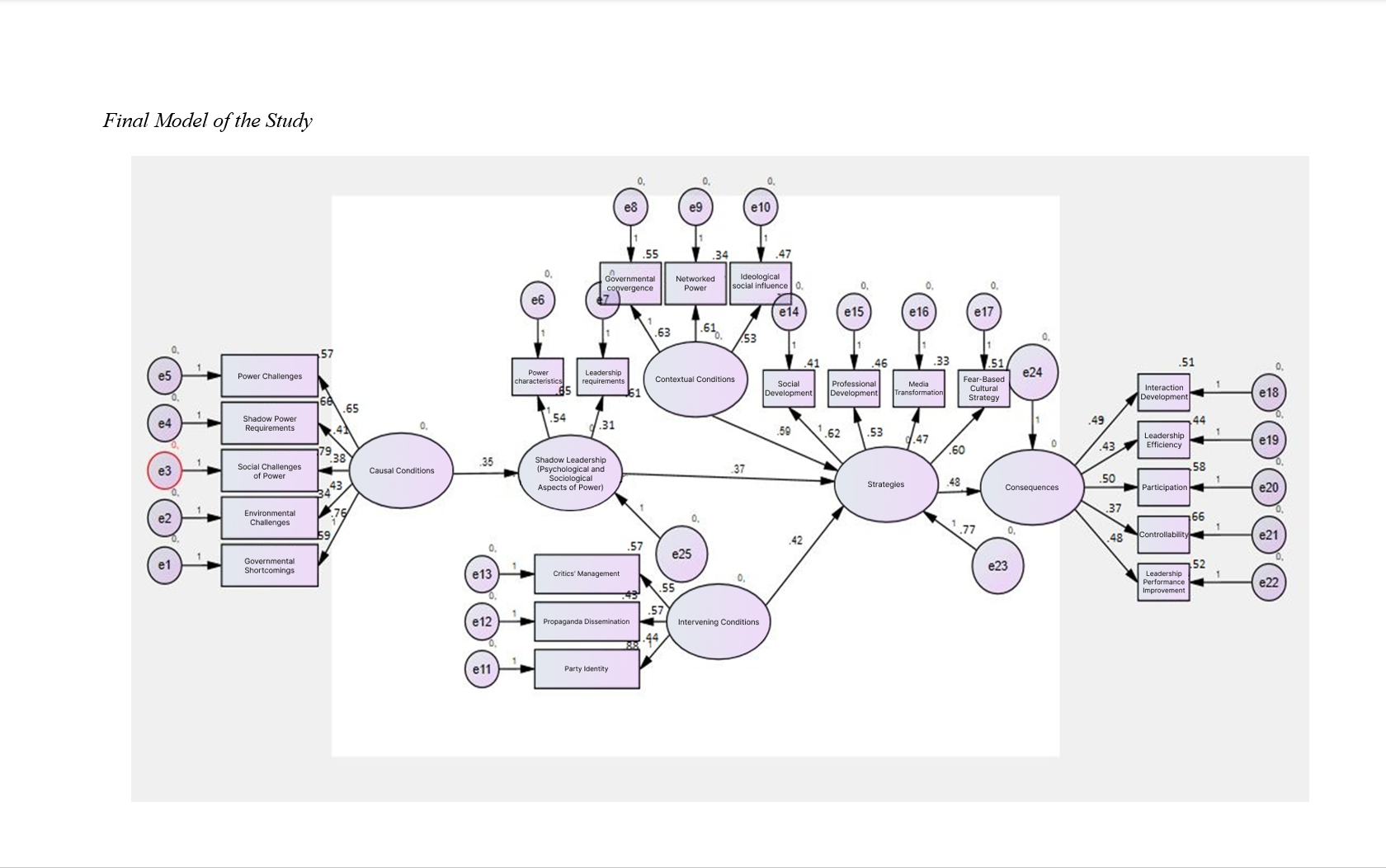The Structural Model of Death Anxiety and Self-Acceptance Based on Psychological Flexibility with the Mediating Role of Self-Compassion in Elderly Residents of Nursing Homes in Nowshahr and Chalous Counties
Keywords:
Death anxiety, self-acceptance, psychological flexibility, self-compassion, elderlyAbstract
The present study aimed to conduct structural modeling of death anxiety and self-acceptance based on psychological flexibility with the mediating role of self-compassion in elderly residents of nursing homes in Nowshahr and Chalous counties. The research method was descriptive-correlational. The statistical population included all individuals aged 60 and above residing in daily nursing homes in Nowshahr and Chalous counties from February 2024 to August 2024 (N = 232). Given the limited population size, a census sampling method was employed, and the research questionnaires were distributed to all individuals in the population. Ultimately, due to incomplete questionnaires, data from 215 completed questionnaires were analyzed (n = 215). The research instruments included the Templer Death Anxiety Scale (1970), the Unconditional Self-Acceptance Questionnaire by Chamberlain and Haaga (2001), the second edition of the Acceptance and Action Questionnaire by Bond et al. (2007), and the Self-Compassion Scale by Neff (2003). Path analysis findings indicated that the indirect path between cognitive flexibility and death anxiety, mediated by self-compassion, was statistically significant (β = -0.639, p < 0.01). Additionally, the indirect path between cognitive flexibility and self-acceptance, mediated by self-compassion, was also statistically significant (β = 0.769, p < 0.01). Therefore, the structural modeling of death anxiety and self-acceptance based on psychological flexibility with the mediating role of self-compassion in elderly residents of daily nursing homes in Nowshahr and Chalous counties exhibited a good fit. The findings of this study can serve as a guide for developing a comprehensive therapeutic model to enhance psychological well-being in the elderly.
Downloads

Downloads
Additional Files
Published
Submitted
Revised
Accepted
Issue
Section
Categories
License
Copyright (c) 2025 Behdokht Kia (Author); Taher Tizdast (Corresponding Author); Fatemeh Eslahi Farshami (Author)

This work is licensed under a Creative Commons Attribution-NonCommercial 4.0 International License.







